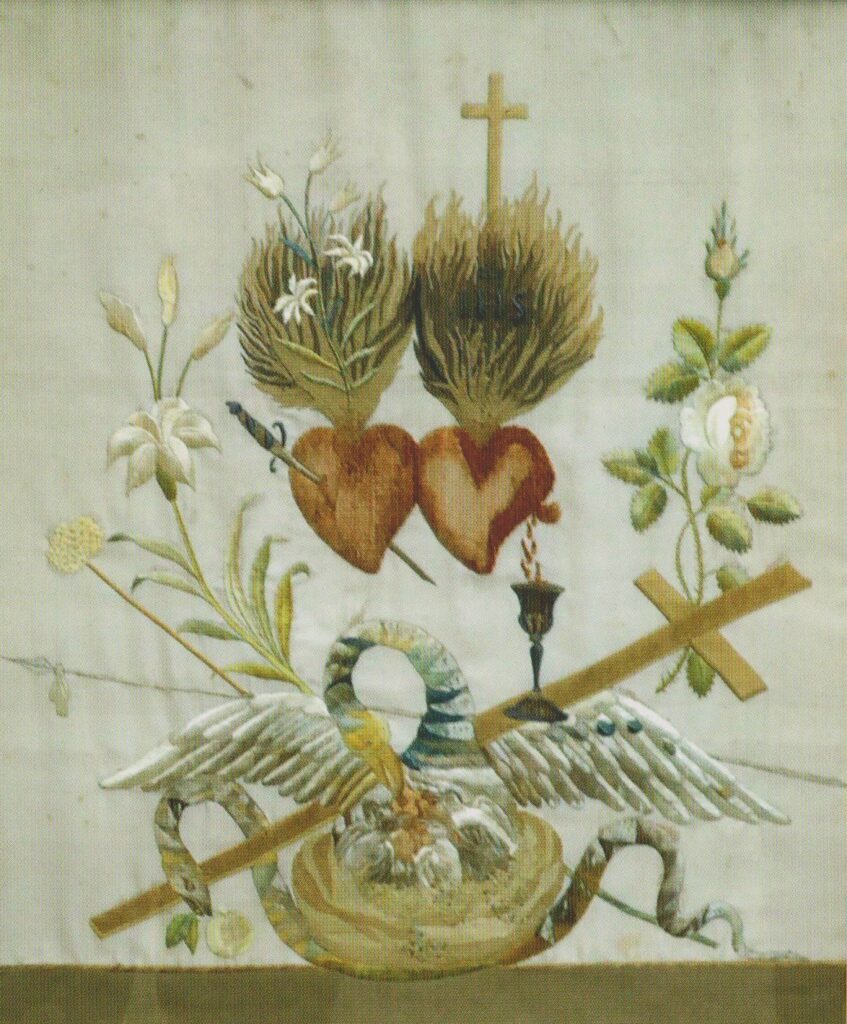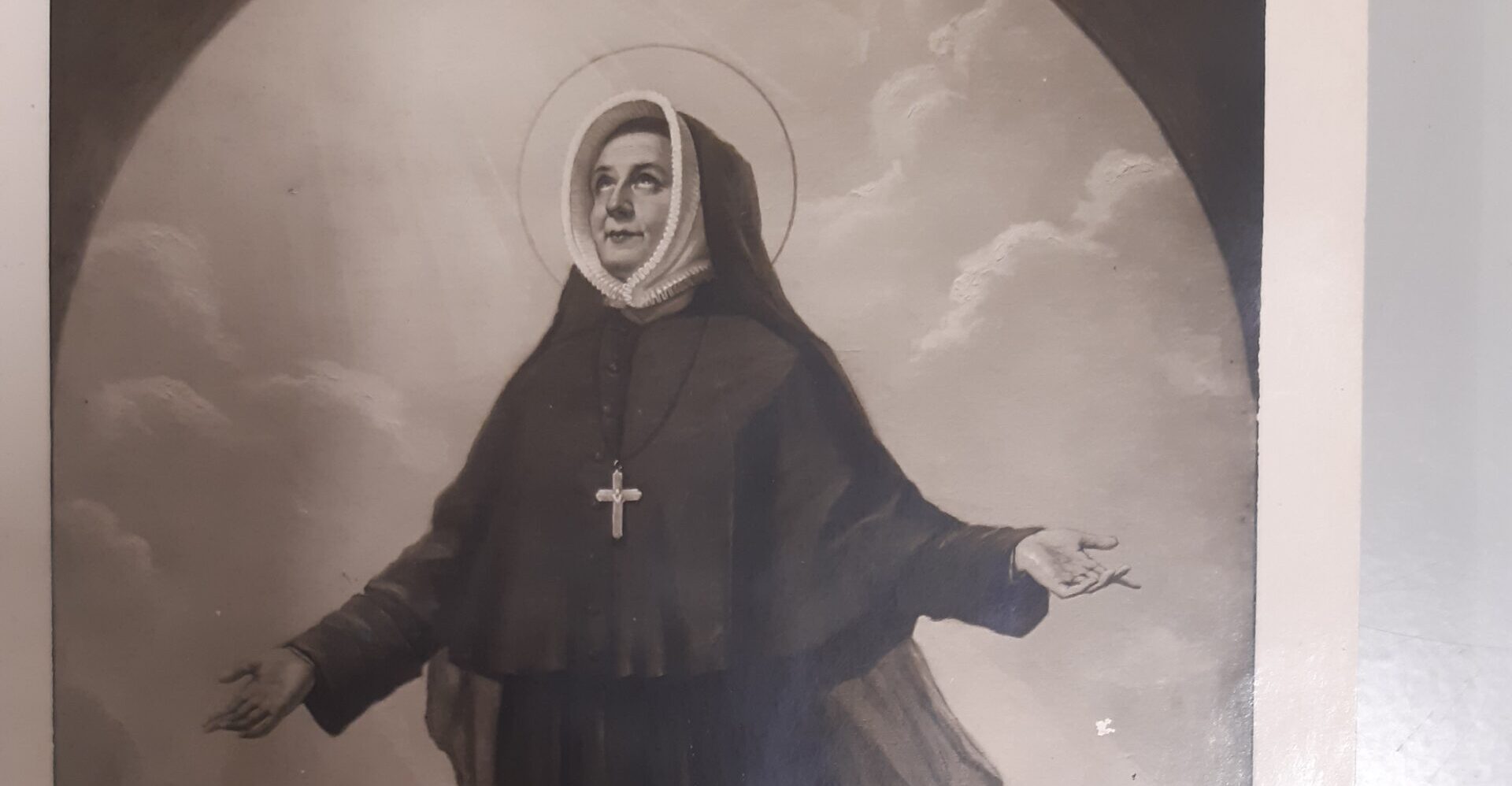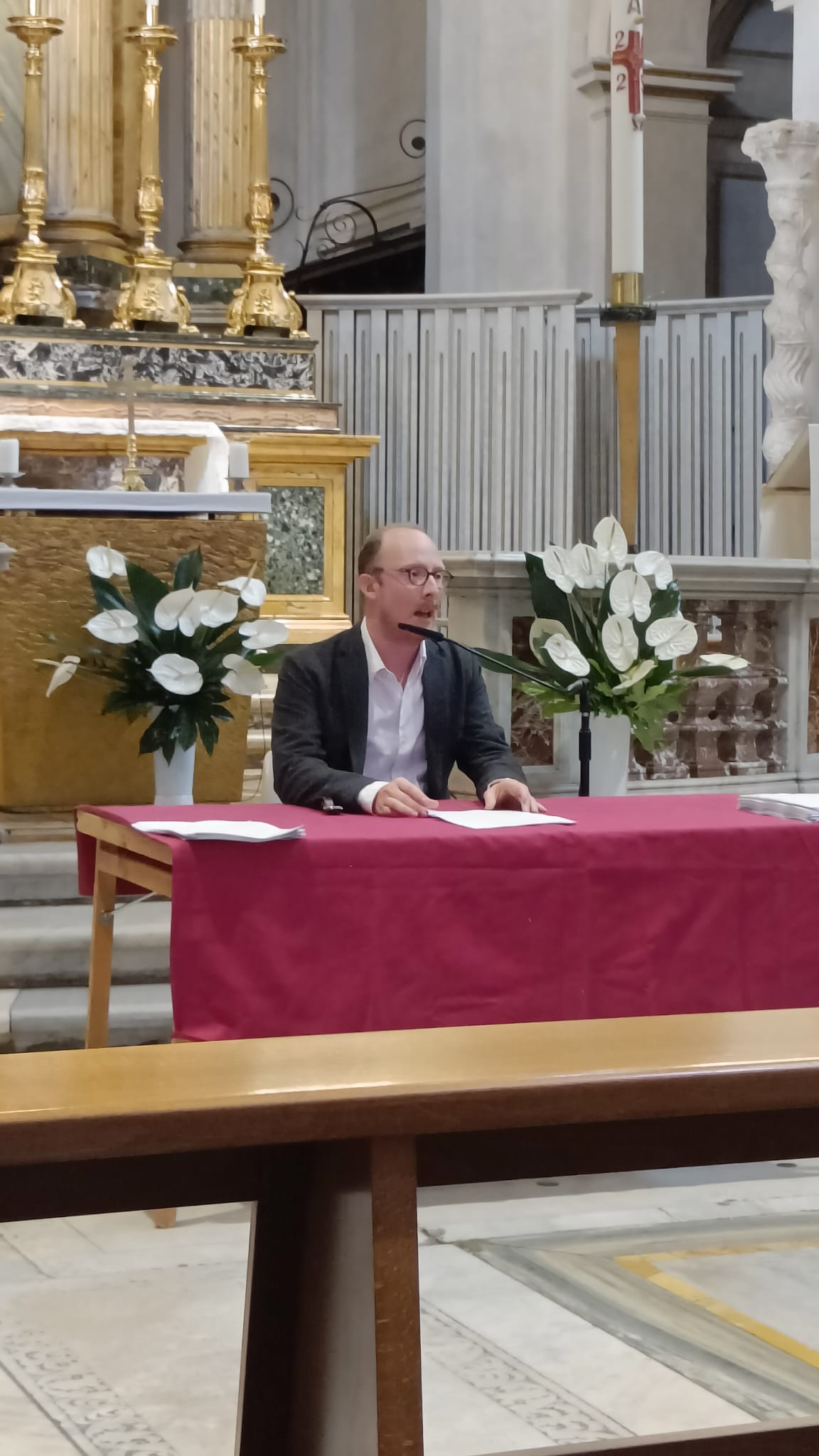The BFN Province has created a series that presents the life and work of Madeleine Sophie and invites us to follow her bold example. Read the supplementary article that talks about adoration and Saint Madeleine Sophie.
Saint Madeleine Sophie was marked both by her personal discovery of God’s infinite love for each person and by the importance of the Eucharist, the place where the gift of this love is manifested and fulfilled to its greatest extent in each person. Her initial intuition was marked by the desire to bring together a group of adorers of the Blessed Sacrament, but immediately, faced with the needs of the world of her time, her vision broadened and she sought a transformation of society that would give glory to God. This would be achieved through education, the loving transformation of people. This was a truly original idea that came from her own intuition. For Madeleine-Sophie, the place of adoration and its effects move from the tabernacle to the world and to every person called to grow in freedom and relationships.
For prayer
- Take the time to look at the embroidery made by Madeleine-Sophie, a young girl. What are the elements I see?
What do they symbolize? - Then read or listen to a commentary on the work in the Listen to songs and music section.
- What would be the representation of my own “credo”: what images are present and what do they express?
From the writings
“Saint Magdalene is the first adorer of the Heart of Jesus and she must be the model of our love, of that tender and generous love which knows how to refuse nothing and which is always ready to give itself entirely.”
(Madeleine Sophie, 1827 Conference)
“The image of thousands of adoring women before an ideal, universal monstrance is the summary of a response that is accompanied by a shift in her life?s project. Madeleine Sophie leaves her monastic project because she is affected by impiety. She observes a broken world, in full institutional, moral and religious disarray, which seems to her as serious as the profanations. Her answer is to deeply transform society through education.
For Madeleine-Sophie Barat, true adoration is to liberate each person from that which locks him or her into idolatry, and to do this: to learn to speak, to express oneself and thus to enter into relationships. To know how to open one’s eyes and look around. To hear, to listen. To give or restore a taste for life. To be creative, to stand up and help others to stand up. In short, to believe in a God of life and not a God of death. This intuition gave birth to an educational project.
She was able to give up her initial plan, which she had had since childhood because she knew how to look at the world with a critical and loving eye, one that made her discover the needs of the people of her time. For a long time, she had contemplated the Heart of Jesus pierced by the lance. From the contemplation of the pierced Heart of Jesus, she moved to the contemplation of the “pierced heart of humanity”. The situations of injustice of her time, the material and spiritual misery, appeared to her much more serious than the profanations of churches, the pillaging of seminaries and sacristies, and perhaps even the profanations of hosts. It had moved from worship in the form of a cult to a commitment to the respect and growth of the person.”
(M. Keraly, RSCJ)
Texts for today
“The Eucharist brings us into the mystery of the Open Side of Jesus. In our daily lives, it celebrates and makes real his death and resurrection in the midst of the sufferings and hopes of our brothers and sisters. It draws us into the gift He gave of Himself to His Father for the life of the world and gathers us into the unity of His Body.”
(Constitutions 1982, ß 5)
“The contemplative look at the world is a call to be authentic apostles of Christ’s love, to help bring about a more fraternal world, to make known the greatness, tenderness and selflessness of God. It is a call to educate so that the Father’s plan – His glory – may become a reality among men, so that the inner freedom of the children of God, all brothers and sisters, may grow in them and thus have the fullness of life. To believe in His living and active presence in people and events, to learn His patient and humble ways, this is the most effective attitude for the Kingdom… This patient and humble walk behind Christ, this radical following in love is an invitation to come to the school of His Heart. He calls us more than ever to the school of His Heart to learn His feelings. And it is in union and conformity with these sentiments of the Heart of Christ who has made the Father’s will his nourishment, it is in this total dependence on the Father and this gift to the brothers that we will learn the freedom of true obedience, the receptiveness in the indifference to everything that is not the concrete will of the Lord for each one.”
(C. Camacho, RSCJ, Circular Letters, September 3, 1980)
“For about five centuries, adoration of the Blessed Sacrament has nourished the faith of the Catholic faithful. It is a practice that has never ceased to be encouraged. Like all the best realities, it is important to maintain its excellence, avoiding its degeneration into questionable practices. Sometimes a piety that is more ardent than enlightened can damage the faith; the Eucharist is the “sacrament of faith”. It is advisable not to forget this. The Eucharist, the presence of Christ, nourishes His Body which is His Church. The Eucharist builds the Church, the communion of all the members of this Body. And the Eucharist is given “for the life of the world”. It impels us to give ourselves up to follow Christ. A devotion cut off from these ecclesial and apostolic dimensions does not do justice to what the Gospel reveals.”
(A. Rouet, Bishop Emeritus of Poitiers)
An invitation
- In the manner of Madeleine-Sophie, to gather what for me is the heart – the most important thing – of that which gives life and that which is to be transmitted to others.
- To put it into images, into poetry, into dance… and share it with others.
Songs & music
Adoramus te, O Christe – Taizè
“Adoramus te, Christe Et benedicimus tibi
Quia per sanctam crucem tuam Redemisti mundum
Qui passus es pro nobis
Domine, Domine, miserere nobis “
Section |History|International News
Province |Belgium/France/Netherlands
Our Spirituality |Reflections from Around the World
Tags |Madeleine Sophie|Magdalena Sofía|Saint Madeleine Sophie Barat|Sainte Madeleine Sophie Barat|Santa Magdalena Sofía Barat







